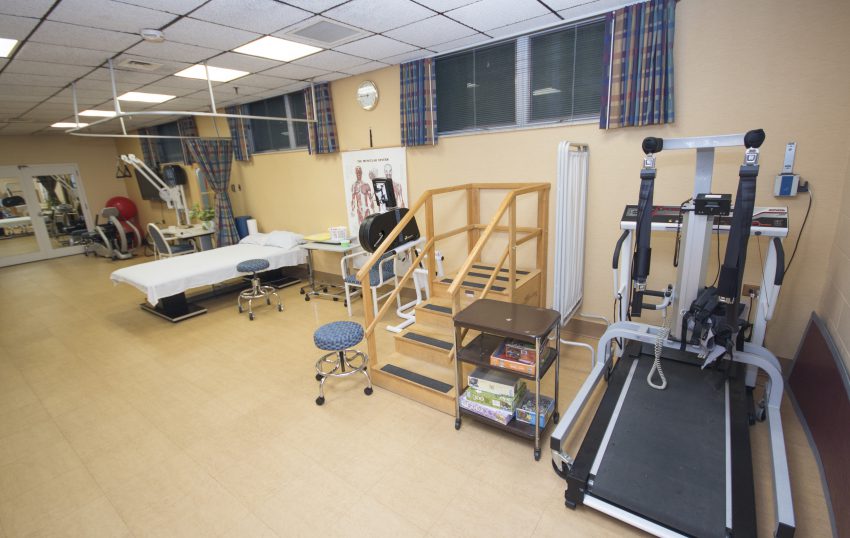
One of the key benefits of self-monitoring is heightened responsibility. When individuals monitor their activities, they are more likely to remain committed to their health objectives. For example, writing down food eaten or exercise sessions finished can create a sense of responsibility. This responsibility can be further enhanced by sharing advancements with friends or family members. Encouragement from others can motivate people to adhere to their plans and support them during difficult times. As a consequence, self-monitoring can lead to a stronger commitment and a greater likelihood of reaching desired outcomes.
Self-monitoring also promotes self-knowledge. By consistently thinking on one’s actions, individuals can recognize triggers that lead to unhealthy decisions. For example, someone might realize that they tend to snack more when they are stressed. Acknowledging these patterns allows individuals to develop strategies for coping with challenges. They might decide to participate in physical activity instead of grabbing for junk food during demanding times. This enhanced self-understanding can be motivating, allowing individuals to regain look at here control of their well-being and implement positive adjustments.
In furthermore, using digital tools can improve the self-monitoring procedure. Many applications and gadgets are accessible that assist monitor physical activity, food intake, and other relevant metrics. These tools provide easy access to information about one's progress over time. Visualizing this data can be inspiring, as people can see how far they have come. The use of technology also allows for customization of fitness plans, making it easier to set realistic goals based on individual likes and habits. As innovation continues to evolve, it offers even more opportunities for individuals to engage in efficient self-monitoring.
Finally, self-monitoring can lead to permanent habit change. By regularly monitoring habits and making modifications based on insights, individuals can cultivate healthier lifestyles. This long-term approach encourages people to consider analytically about their decisions and nurtures a mindset geared towards ongoing growth. As modifications become embedded in everyday practices, people are increased likelihood to maintain their progress. Ultimately, self-monitoring can transform not only fitness well-being but also comprehensive health, making it an invaluable physical therapy for neurological disorders resource for anyone on a path to improved health.